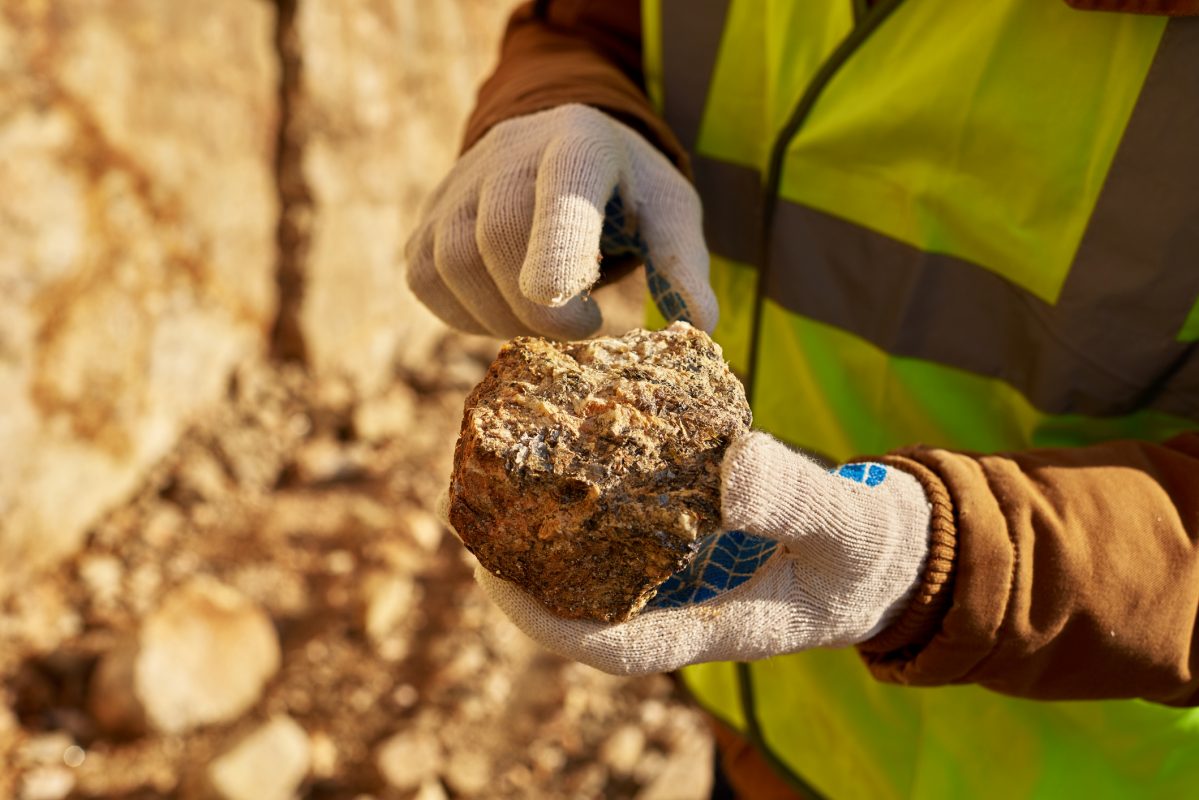Other member countries favor recycling and diversification of supply chains.
Europe wants to become less dependent on imports of critical raw materials such as rare earths, which are essential for climate-friendly technologies such as wind power and electromobility. To this end, the European Commission will present the Critical Raw Materials Act next month. Within this framework, Sweden wants to advocate for the stockpiling of important minerals, Bloomberg writes, citing a top Swedish official . The mineral-rich country currently holds the six-month rotating EU Council presidency. However, other member states are opposed to national targets or binding quotas for building up reserves of raw materials, according to Bloomberg.
Before a decision on stockpiling is made, there must first be “clear data” on the critical minerals needed in the supply chain, said Dutch Economy Minister Micky Adriaansens, for example. The EU should focus more on recycling opportunities for critical raw materials and diversifying supply chains, he added.
Despite environmental concerns: Sweden pleads for use of own mineral resources
New trade agreements are currently being pushed with mineral-rich countries such as Australia, Chile and Kazakhstan. Sweden’s Minister of Economic Affairs and Energy, Ebba Busch, welcomed these efforts, Bloomberg reported, but also called for greater use of the country’s own mineral resources, despite environmental concerns about some mining activities. “There is a conflict of interest here,” Busch had said, “but if we don’t reach our climate goals, we won’t have any environment to take care of at all,”.
As we reported, news of a large rare earth deposit in northern Sweden recently made global headlines, as it could significantly reduce Europe’s dependence on China, the world’s largest rare earth producer to date. However, it is still unclear whether and when the deposit will become a mine.
Bureaucracy and the aforementioned environmental concerns are also slowing down the development of the Norra Kärr deposit, also in Sweden, where the Canadian company Leading Edge Materials (LEM) has been seeking a license to develop the deposit for some time. There are also major rare earth deposits in Spain, for example in Matamulas, where protests from local residents and environmentalists have so far prevented commercial mining.
Photo: iStock/aluxum


